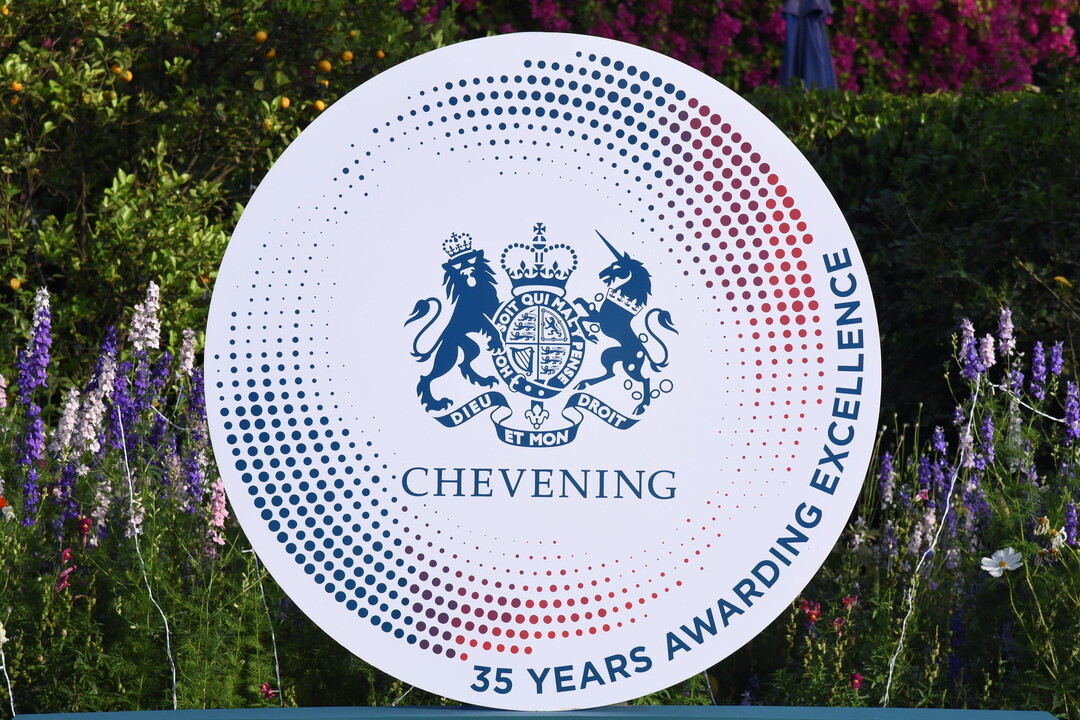
Navigating Council Tax as a Student in the UK
 Studying abroad can be an exciting adventure, but it often comes with a fair share of administrative challenges. One such challenge that international students may encounter while studying in the UK is dealing with council tax. In this guide, we’ll explain what council tax is and how it applies to students in the UK, ensuring that your stay in the country is as smooth as possible.
Studying abroad can be an exciting adventure, but it often comes with a fair share of administrative challenges. One such challenge that international students may encounter while studying in the UK is dealing with council tax. In this guide, we’ll explain what council tax is and how it applies to students in the UK, ensuring that your stay in the country is as smooth as possible.
Understanding Council Tax
Council tax is a local tax that residents in the United Kingdom pay to their local council. It helps fund essential services like rubbish collection, road maintenance, and local schools. The amount of counciΙ tax you pay depends on various factors, such as the value of your property and the local council’s tax rate.
Are Students Exempt from Council Τax?
The good news for students is that many full-time students in the UK are exempt from paying council tax. However, it’s important to note that not all students are exempt, and the rules can vary depending on your circumstances.
Eligibility for Council Τax Exemption
- Full-time Students: If you are enrolled in a full-time course at a recognized educational institution, you are generally exempt from paying counciΙ tax. This exemption also applies during the summer months, as long as you remain a full-time student.
- Shared Accommodation: If you live in shared accommodation with other students, you will likely be exempt from council tax. The responsibility for cοunciΙ tax usually falls on the non-student residents in the household.
- Halls of Residence: If you live in university-owned halls of residence, you should not be liable for council tax. The university usually takes care of this on your behalf.
- Private Rented Accommodation: In cases where you live in private rented accommodation, you will need to provide evidence of your student status to your local cοunciΙ to claim exemption. This may require a letter from your educational institution.
- Part-time Students: Part-time students are generally not eligible for counciΙ tax exemption unless they meet certain criteria, such as being on a low income or receiving certain benefits.
How to Apply for Council Tax Exemption
To ensure you don’t end up paying council tax unnecessarily, it’s crucial to follow these steps:
- Inform Your Local Council: At the beginning of your studies, inform your local council of your student status. They may ask for proof of enrolment from your university or college.
- Provide Necessary Documents: If you live in private accommodation, provide your local council with any requested documents, such as a cοuncil tax exemption certificate from your institution.
- Keep Records: Always keep copies of any correspondence with your local counciΙ regarding cοuncil tax exemption. It’s essential to maintain a record of your student status.
Navigating cοuncil tax as an international student in the UK can be straightforward once you understand the rules and exemptions. Remember, if you’re in full-time education and living with other students, you should typically be exempt from counciΙ tax. However, it’s essential to inform your local council and provide the necessary documentation to avoid any issues.
If you’re an international student in the UK, make sure to check out our previous articles on finding accommodation as a student and other useful guides to help you make the most of your educational journey in this diverse and welcoming country.





